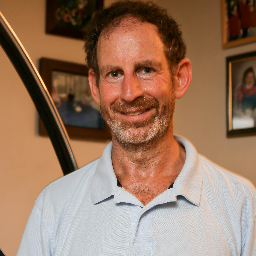 Friday was a sad day for the children of Pawtucket and Woonsocket, and for disadvantaged children across the State, when the Supreme Court decided that Rhode Island’s Constitution does not protect them from receiving an inadequate education. These children, whose only failure is to live in the wrong ZIP code, are being denied a quality public education without any realistic chance of relief, even though Rhode Island’s current Constitution contains an education clause.
Friday was a sad day for the children of Pawtucket and Woonsocket, and for disadvantaged children across the State, when the Supreme Court decided that Rhode Island’s Constitution does not protect them from receiving an inadequate education. These children, whose only failure is to live in the wrong ZIP code, are being denied a quality public education without any realistic chance of relief, even though Rhode Island’s current Constitution contains an education clause.
While the Supreme Court missed an opportunity to interpret that clause to help these innocent children and our state as a whole, the Court’s decision squarely places upon our shoulders the opportunity and the responsibility to amend our Constitution to redress our state’s denial of this fundamental civil right.
This case began in 2010, at a time when the General Assembly debated and approved an education aid funding formula. The formula was enacted amid great fanfare, but the school committees of Pawtucket and Woonsocket knew the hype far exceeded the new formula’s actual merit. Four years into the new formula, the children in Pawtucket and Woonsocket still suffer from inadequate facilities and textbooks, insufficient staffing and personnel, and other deprivations which, as the Supreme Court found, results from a “funding system that prevents municipalities from attaining the resources necessary to meet the requirements” of the State’s educational mandates. In fact, these children’s harm will rise (or sink) to a new level this year, as the state is poised to deprive them of diplomas on the basis of NECAP testing, even as the state deprived their schools of the resources needed to prepare them adequately for the tests.
The Supreme Court was candid about the state’s failures, noting that these children “make a strong case to suggest that the current funding system is not beneficial to students in Pawtucket and Woonsocket, especially when compared to other municipalities.” Despite these deprivations and inequities, however, the Court decided it was powerless to intervene, ruling that “the General Assembly has exclusive authority to regulate the allocation of resources for public education.”
Unfortunately, these children cannot realistically pin their hopes on the General Assembly, which already has been told by the Commissioner of Education that the 2010 funding formula made Rhode Island “the state with the best funding formula in the country.” While accepting the value of positive thinking, the simple fact is that if the Massachusetts border moved a few miles south, the children of Woonsocket would benefit from a funding formula and State support that put Rhode Island’s to shame. That is why the great majority of states (including Massachusetts, Connecticut, New Hampshire and Vermont) have constitutional protections that empower courts to break through political stalemate, to provide our children with what many call the key civil right of the 21st
By hewing to a “strict construction” of the Rhode Island Constitution reminiscent of Plessy v. Ferguson, the Rhode Island Supreme Court’s decision is a valid exercise of a particular school of legal reasoning, but also a massive missed opportunity to move our State forward in the fields of civil rights and economic development.
With that said, the Supreme Court’s decision speaks with admirable candor concerning the specific ways in which the State’s public education program fails the children of Pawtucket and Woonsocket. In this way, the Court’s decision, even as it denies relief for these children under the terms of the State’s current Constitution, helps make an overwhelming case for amending and improving the Constitution to redress this wrong. Currently, there is pending legislation in the House (H7896) and Senate (S2397) to place a question on the ballot permitting voters to approve a Constitutional amendment to establish a right to education that can be enforced in court. In the four years that it has taken for this case to be decided, both the General Assembly and the courts have made it indisputable that such a Constitutional amendment is the only way to protect this vital civil right.
Over the past month, writers on this blog and representatives of the civil rights community have expressed concerns about how a constitutional convention may compromise civil rights that the current Constitution protects. Friday’s Supreme Court decision makes clear that the current Constitution fails to protect a vital civil right that is harming tens of thousands of Rhode Island’s children every day. With this in mind, I wish to offer an invitation to civil rights leaders and progressives statewide. Please join Rhode Island’s children and urban communities in their effort to convince the General Assembly to place a stronger Constitutional right to education on November’s ballot. If the General Assembly allows voters this chance, you can help advance the civil right of education in Rhode Island without the risks you see in a broader Constitutional convention.
Four years ago, Pawtucket and Woonsocket brought their case to the Rhode Island courts. Last Friday, the Supreme Court passed the baton to the General Assembly, the civil rights community, the progressive community and the people of Rhode Island. Please do not miss this opportunity. Rhode Island’s children (and, by extension, Rhode Island’s future) are depending on you.

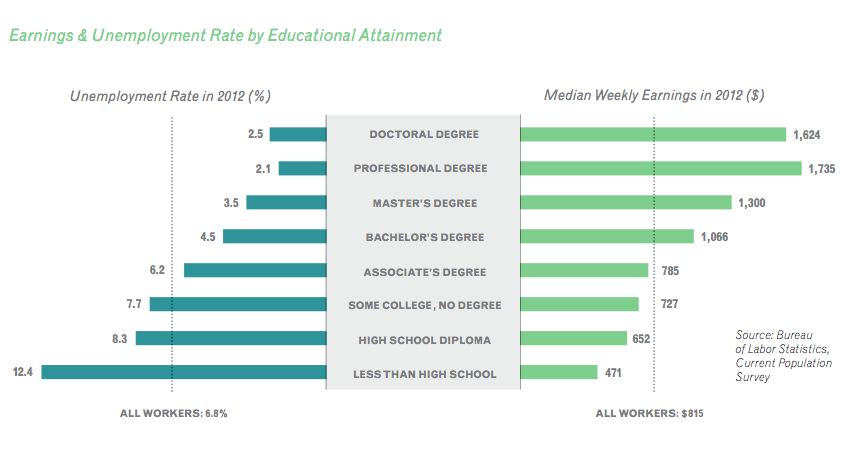
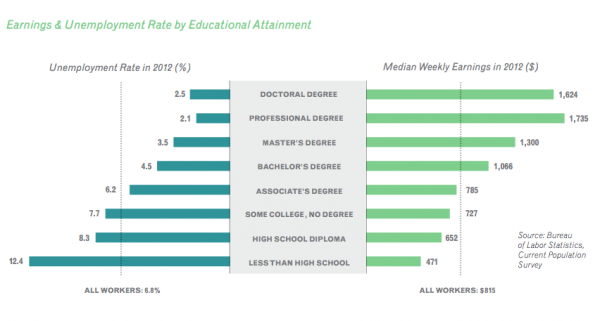


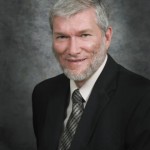


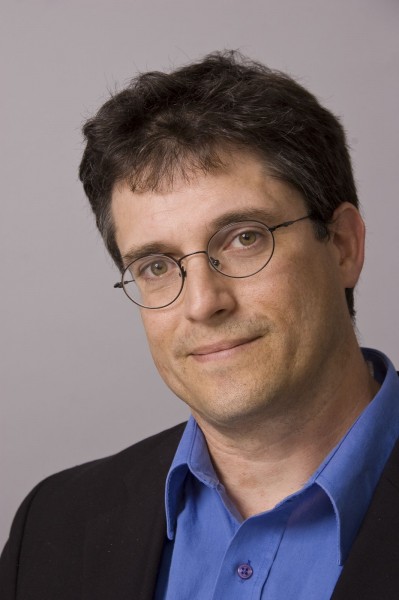
 I want to end by getting back to the Bill Nye and Ken Ham debate. Long before the debate, after Ken Ham built his creationist museum in Kentucky, Ham announced that he was going to build a life sized replica of Noah’s Ark. Unfortunately for Ken Ham, this silly project stalled indefinitely due to the preacher’s inability to gather enough funds. It stalled, that is, until the Bill Nye debate. Publicity for the debate generated all the media attention Ken Ham needed to find people willing to fund his project to
I want to end by getting back to the Bill Nye and Ken Ham debate. Long before the debate, after Ken Ham built his creationist museum in Kentucky, Ham announced that he was going to build a life sized replica of Noah’s Ark. Unfortunately for Ken Ham, this silly project stalled indefinitely due to the preacher’s inability to gather enough funds. It stalled, that is, until the Bill Nye debate. Publicity for the debate generated all the media attention Ken Ham needed to find people willing to fund his project to 
